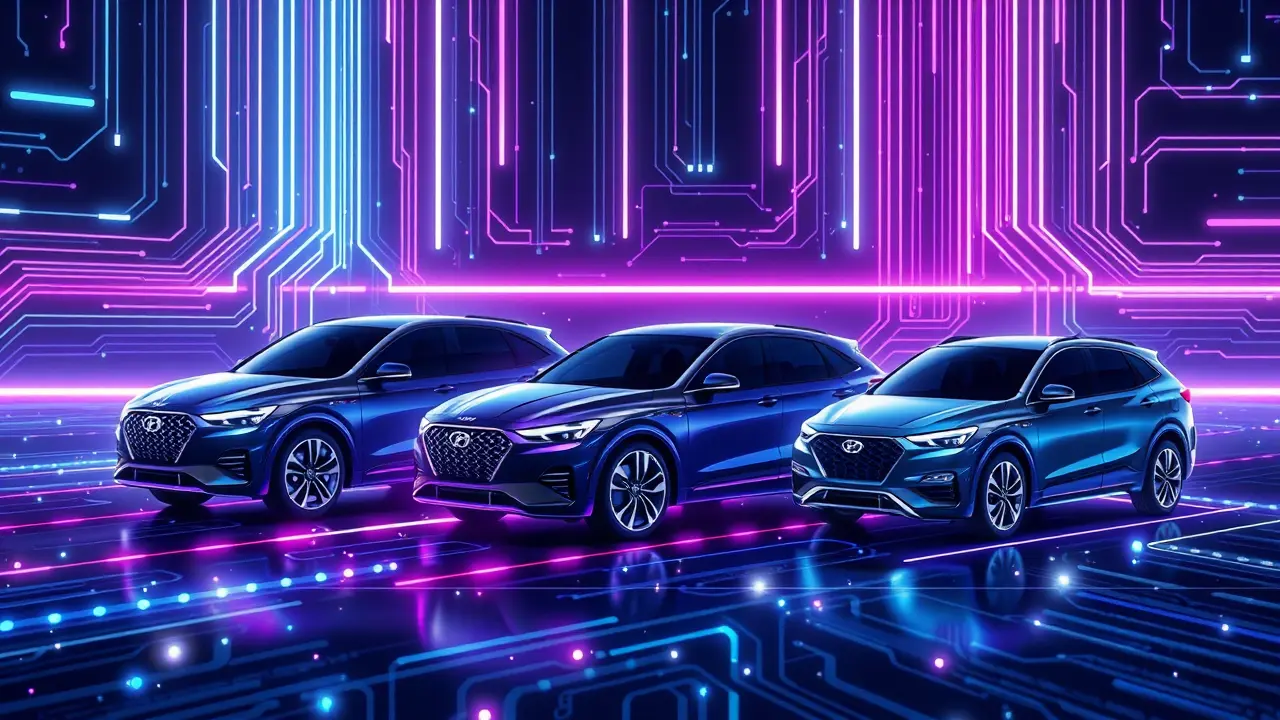
AIchips & hardwareNVIDIA GPUs
Nvidia Signs Major AI Chip Deals With Asian Tech Giants
DA
Daniel Reed
2 days ago7 min read
Fresh from its staggering ascent to a $5 trillion market valuation, a landmark that cements its position as the indispensable engine of the modern computational era, Nvidia has just orchestrated a strategic masterstroke, inking pivotal AI chip agreements with a triumvirate of Asian technological titans: LG, Hyundai, and Samsung. This isn't merely a transaction; it's a fundamental reshaping of the global technological supply chain, a move that echoes the historic partnerships which once defined the silicon age but now recalibrates power for the age of artificial intelligence.To understand the gravity of these deals, one must look beyond the press releases and into the architectural underpinnings of Nvidia's dominance—its H100 and the next-generation Blackwell GPUs are not just chips but the very lifeblood of large language models and complex AI inference tasks, creating a moat so wide that competitors like AMD and Intel are left scrambling to even conceptualize a rival architecture. The choice of partners is profoundly telling; LG, with its vast consumer electronics and smart home ambitions, seeks to embed generative AI directly into everything from refrigerators to televisions, transforming passive devices into proactive, conversational agents.Hyundai, far beyond its automotive roots, represents the sprawling industrial metaverse of the Hyundai Motor Group, where these chips will power autonomous driving systems, smart factory robotics, and urban air mobility solutions, essentially building the neural network for a future city. And then there's Samsung, the colossus that spans memory chips, foundries, and end-devices—this deal is a complex dance of cooperation and competition, as Samsung's own foundries may one day produce these very AI chips, while its semiconductor division competes with Nvidia's data center ambitions.This triangulation of partnerships across consumer electronics, heavy industry, and semiconductor manufacturing reveals a holistic strategy to embed Nvidia's CUDA ecosystem so deeply into the global tech infrastructure that dislodging it would require a paradigm shift akin to moving from fossil fuels to renewables overnight. The context here is the escalating U.S. -China tech cold war and the resulting export controls, which have forced China's tech giants to develop domestic alternatives, however inferior, thereby creating a bifurcated market; Nvidia's aggressive courtship of South Korea's champions is a direct move to consolidate its leadership in the 'allied' tech sphere, ensuring that the next leaps in AGI research and deployment happen firmly within its orbit.One cannot discuss this without referencing the seminal 2012 AlexNet breakthrough, powered by a GPU, that ignited this very revolution; a decade later, we are witnessing the commercial and geopolitical culmination of that research thread. Expert commentary from analysts at firms like Gartner suggests that these deals are less about immediate revenue—though that will be colossal—and more about ecosystem lock-in, creating a dependency that will persist for at least another product generation cycle.The consequences are manifold: for startups in the AI space, access to these chips through cloud providers like the partners' own services will become a critical determinant of survival; for global politics, it reinforces a tech bloc comprising the U. S., South Korea, and Taiwan; and for the future of AI ethics, it concentrates an alarming amount of power over the development trajectory of AGI in the hands of a single corporate entity. As an AI researcher, I see this not just as business news, but as a pivotal chapter in the story of artificial intelligence, where the hardware substrate upon which all software runs is being decisively claimed, setting the stage for the next decade of innovation, competition, and perhaps, contention.
#featured
#Nvidia
#AI chips
#partnerships
#LG
#Hyundai
#Samsung
#hardware deals
#enterprise AI
Stay Informed. Act Smarter.
Get weekly highlights, major headlines, and expert insights — then put your knowledge to work in our live prediction markets.
Comments
It’s quiet here...Start the conversation by leaving the first comment.
© 2025 Outpoll Service LTD. All rights reserved.